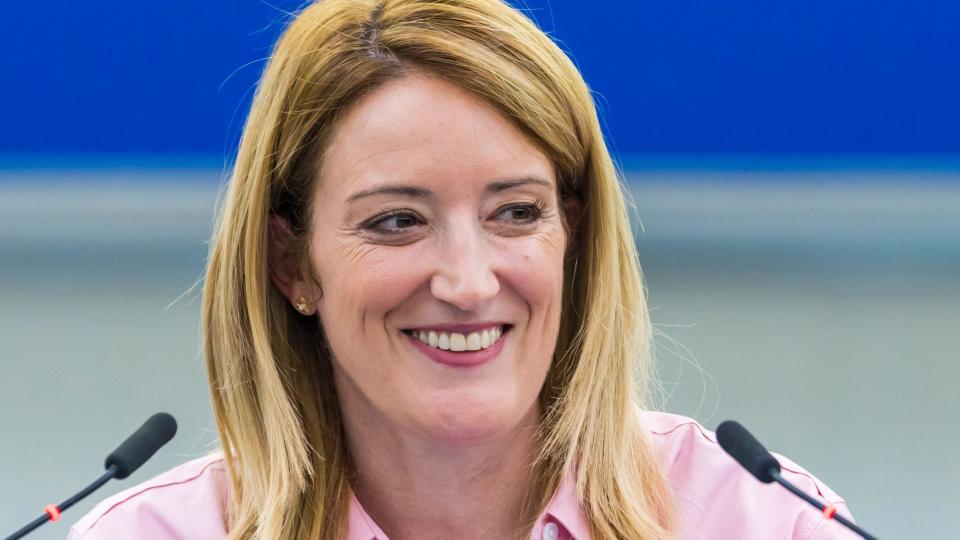Measures to ensure equal treatment of the Irish language are necessary

To ensure that Irish is given equal status with other European languages, “immediate and sustained action” is needed from the European Parliament.
This is the view of Irish MEP and former GAA President Seán Kelly.
He claimed that Irish speakers in Northern Ireland who hold an Irish passport could face problems applying for a position in Parliament.
He also called for a link with Queen’s University Belfast (QUB) to recruit more Irish-speaking staff.
Mr Kelly has written to European Parliament President Roberta Metsola to raise his concerns.
Challenges in the Irish language
Irish was recognized as an official language of the European Union (EU) in 2007.
It is one of the 24 official languages of the EU, which means that speeches in Parliament and documents are translated into and from Irish.
Since then, however, a shortage of translators has resulted in only a limited number of EU documents being translated into Irish.
According to a 2021 European Commission report, the EU institutions employed 138 Irish speakers, but more than half of these positions were temporary.
It said that although the number of Irish translations had increased, recruiting enough Irish-speaking staff to be able to provide all services in Irish was “the biggest challenge”.
Mr Kelly is a Fine Gael Member of the European Parliament and an Irish-speaking Member of Parliament.
In his letter to President Metsola, he said there were still “significant gaps in the provision of Irish language services” that required “urgent, comprehensive solutions”.
He said there remained “uncertainty” over whether Irish speakers living in Northern Ireland and holding an Irish passport could apply for translation jobs in the European Parliament.
Mr Kelly also called on Parliament to sign a memorandum of understanding with QUB to enable the recruitment of additional Irish interpreters and translators.
He said this could “help to tap into another significant pool of Irish-speaking talent”.
Experts from Queen’s, for example, already certify bilingual translations for Belfast City Council.
The EU is currently supporting a postgraduate course in interpreting at the University of Galway in the Republic of Ireland.


Other measures proposed by Mr Kelly include better careers advice for students in Irish-speaking areas about working in the European Parliament and “targeted recruitment campaigns in the Gaeltacht regions”.
The Gaeltacht refers to the parts of Ireland where Irish and not English is the main language.
“Parliament’s commitment to multilingualism requires equal treatment of all official languages,” Kelly concluded in his letter.
“It is imperative that we address the current shortage of Irish interpreting and translation services with the urgency and dedication it deserves.”
BBC News NI has contacted President Metsola’s press office for a response to Mr Kelly’s letter.
Irish and Ulster-Scots Language Laws
Separately, new Irish and Ulster-Scots language laws for Northern Ireland were introduced in 2022.
However, key elements of this change have not yet come into force.
An office for identity and cultural expression has not yet been established.
An Irish language officer and an Ulster-Scots and Ulster-British heritage officer have also not yet been appointed.
On 10 June, Deputy First Minister Emma Little-Pengelly told the Assembly that filling the posts would be “a lengthy process”.
“We are now waiting for further details on the legal aspects, the contracts, the proposals, the job descriptions and all the different requirements that we need to review,” she said.
She said the Executive Office hopes to “make an announcement in due course” regarding the hiring of a total of eight staff members for the office and commissioner posts.

:max_bytes(150000):strip_icc():focal(725x267:727x269)/jonathan-fielding-photography-tout-063024-c07c0f408570404b82cedc4a7b3a5f0e.jpg)

